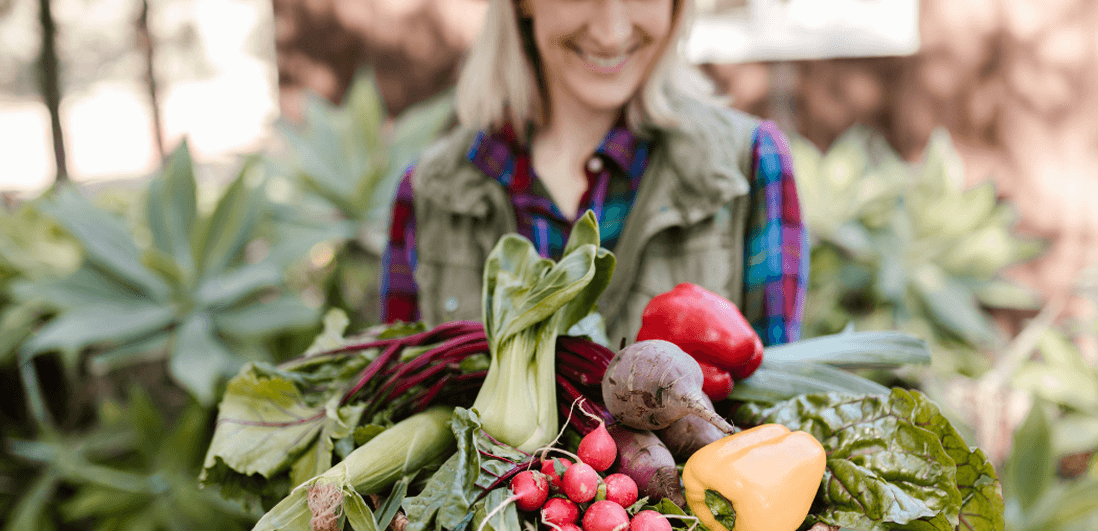
Feeling stressed? Before you shell out for another meditation app subscription or attempt that complicated breathing technique your cousin swears by, maybe it's time to get your hands dirty—literally. As it turns out, community gardening isn't just for retired folks with too much time on their hands or hipsters trying to grow organic kale. Science is showing it might be your ticket to mental wellbeing!
A 2020 study from Singapore (where apparently they study happiness alongside creating strict gum-chewing laws) found that community gardeners were significantly happier than both non-gardeners and those who only garden at home. That's right—your lonely tomato plant on the windowsill just isn't cutting it in the happiness department!
The researchers surveyed 111 residents about their gardening habits, connection to nature, and mental health factors like stress levels and optimism. Lo and behold, the dirt-covered community gardeners reported higher levels of subjective well-being and resilience than their clean-fingernailed counterparts. Who knew that swapping screen time for green time could be so powerful?
"These novel results indicate some potential for mental health benefits in urban environments," noted the researchers in the International Journal of Environmental Research and Public Health. Translation: concrete jungles might be making us miserable, and playing in community dirt patches could help!
It's not just one quirky study, either. Another research project published in January 2023 found that community gardeners eat more fiber and exercise more frequently. Apparently, reaching for weeds burns more calories than reaching for the remote—shocking, I know!
Why Community Gardens Beat Solo Digging
One major benefit of community gardening is the "community" part (didn't see that coming, did you?). Charles Hall, an expert with Texas A&M's AgriLife program, points out: "Neighborhoods with a community garden are often more friendly and inviting."
Think about it—there's something magical about bonding with strangers over mutual confusion about whether that green thing is a weed or a $7 heirloom lettuce sprouting. Community gardens "help break down certain social barriers," Hall adds, bringing together people from different backgrounds, ethnicities, and economic levels.
In other words, while you're figuring out why your zucchini plants are producing enough to feed a small nation, you're also creating the neighborhood glue that makes communities special.
More Than Just Mental Health Benefits
Besides making you less likely to snap at your partner for breathing too loudly, community gardens offer a buffet of environmental perks:
They improve air and soil quality (take that, pollution!)
Increase biodiversity (hello, beneficial bugs and birds!)
Reduce food transport miles (goodbye, carbon footprint!)
Positively impact urban microclimates (making cities less like ovens in summer!)
According to Greenleaf Communities, these green spaces can "mitigate some of the problems that plague urban areas" by increasing access to nutritious foods, strengthening community bonds, reducing environmental hazards, and creating more sustainable systems.
Ready to Transform Your Community Garden?
Here's the dirt-y truth: Every successful garden starts with perfect soil. If you're serious about taking your community garden to the next level, you need our EZ-Screen portable soil screeners. They're like a magic wand for dirt - turning rough, rocky soil into gardening gold! Whether you're managing a small community plot or a large urban farming initiative, we've got screeners sized just right for your needs. Because let's face it - life's too short for bad soil!
So, if you're feeling stressed, lonely, or just tired of paying premium prices for organic vegetables, maybe it's time to join your local community garden. It's cheaper than therapy, more social than social media, and you get tomatoes as a bonus!




Leave a Reply